Iran
-
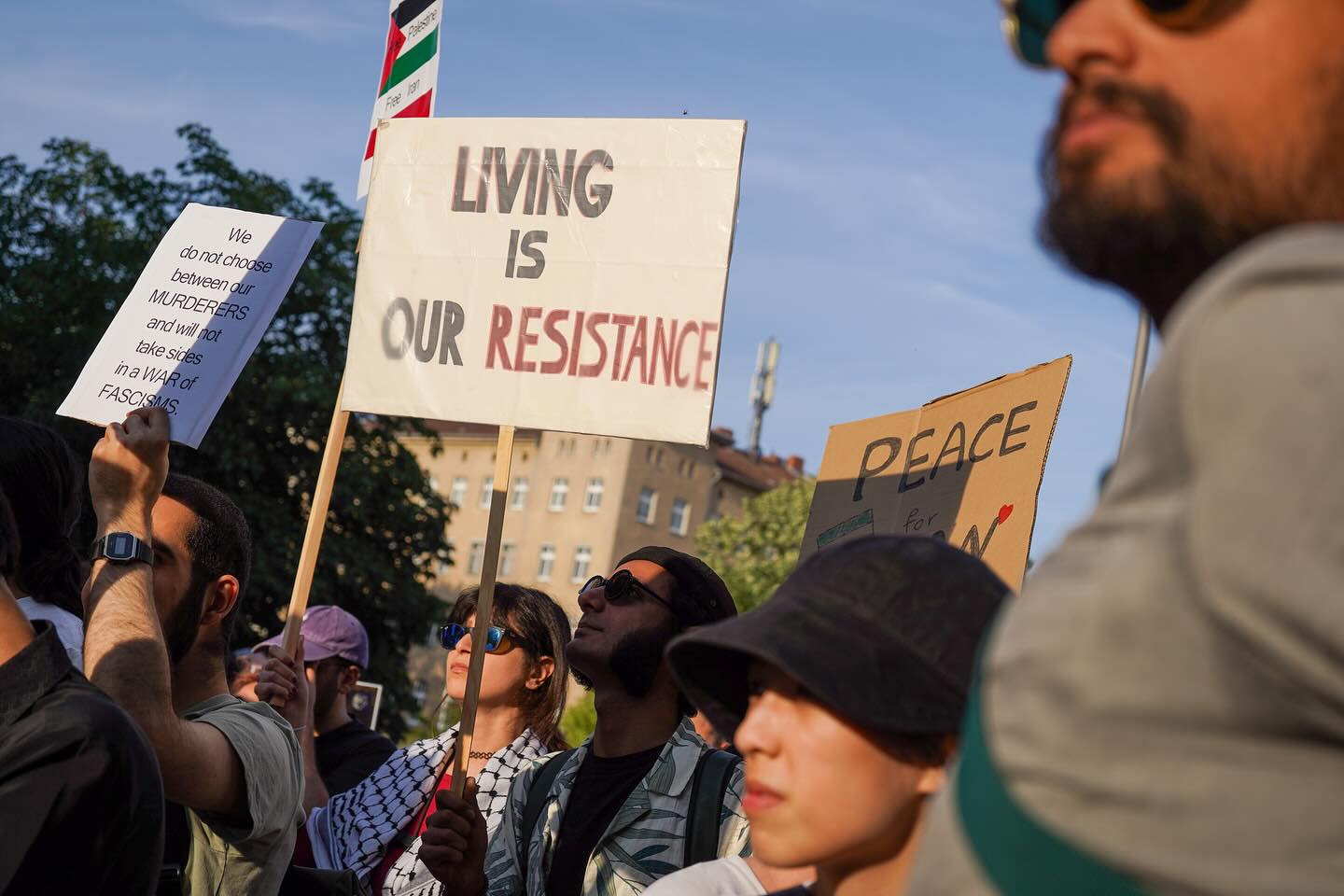
We Are Not Your Martyrs: On Resistance, Racism, and Revolution
•
This morning, as I was going through the news, the images of a protest in front of the University of Tehran caught my attention—slogans full of nationalist passion, and that during the days of Muharram and Ashura! Hadn’t they been telling us for forty years that the entire Islamic worldview,…
-
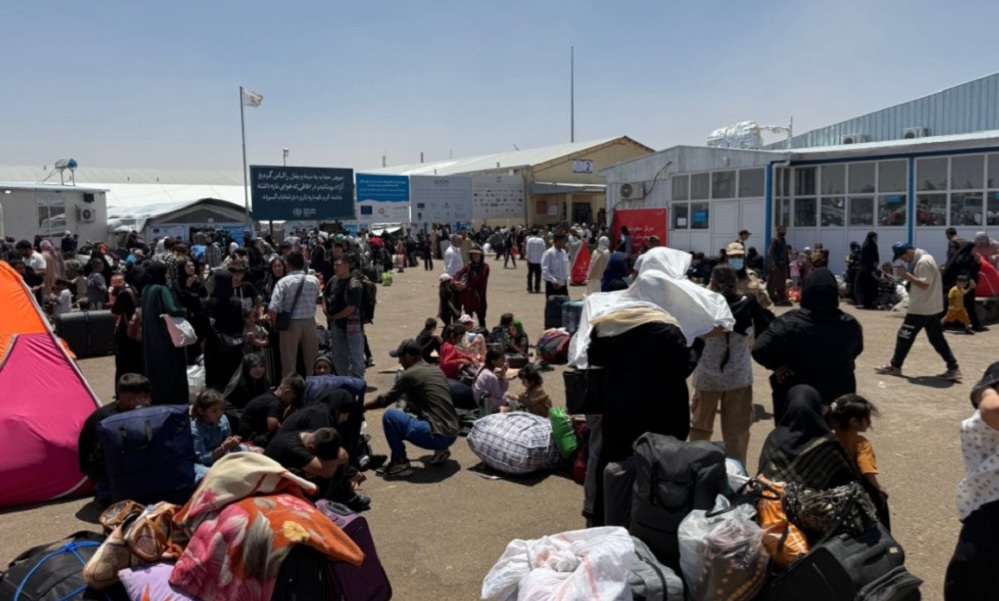
Iranian Labour Unions Condemn Mass Deportation of Afghan Migrants
•
Two Iranian labour organizations have condemned the mass deportation of Afghan migrants as “organized inhumanity” and “a political cover-up” for the Islamic Republic’s domestic and regional failures. According to official figures, more than 380,000 Afghan nationals have been expelled from Iran in a short period, mostly through the Dogharoun border…
-
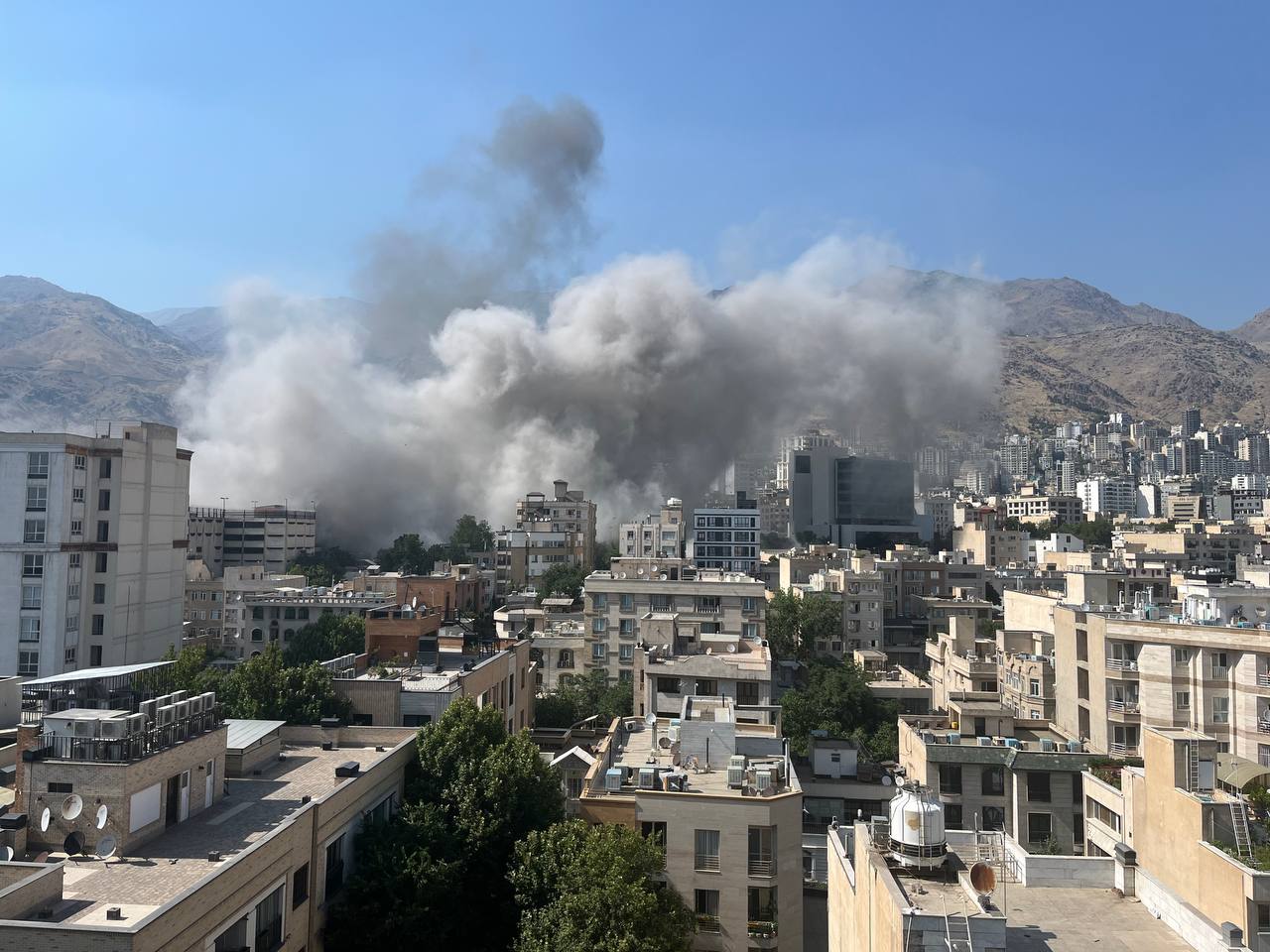
After the Ceasefire: A New War Inside Iran
•
In the early hours of Tuesday, June 24, 2025, after twelve days of intense fighting between Iran and Israel, a ceasefire was announced—first by Iran, and then officially accepted by Israel a few hours later, putting an end to this round of military conflict. But while the missiles and bombs…
-
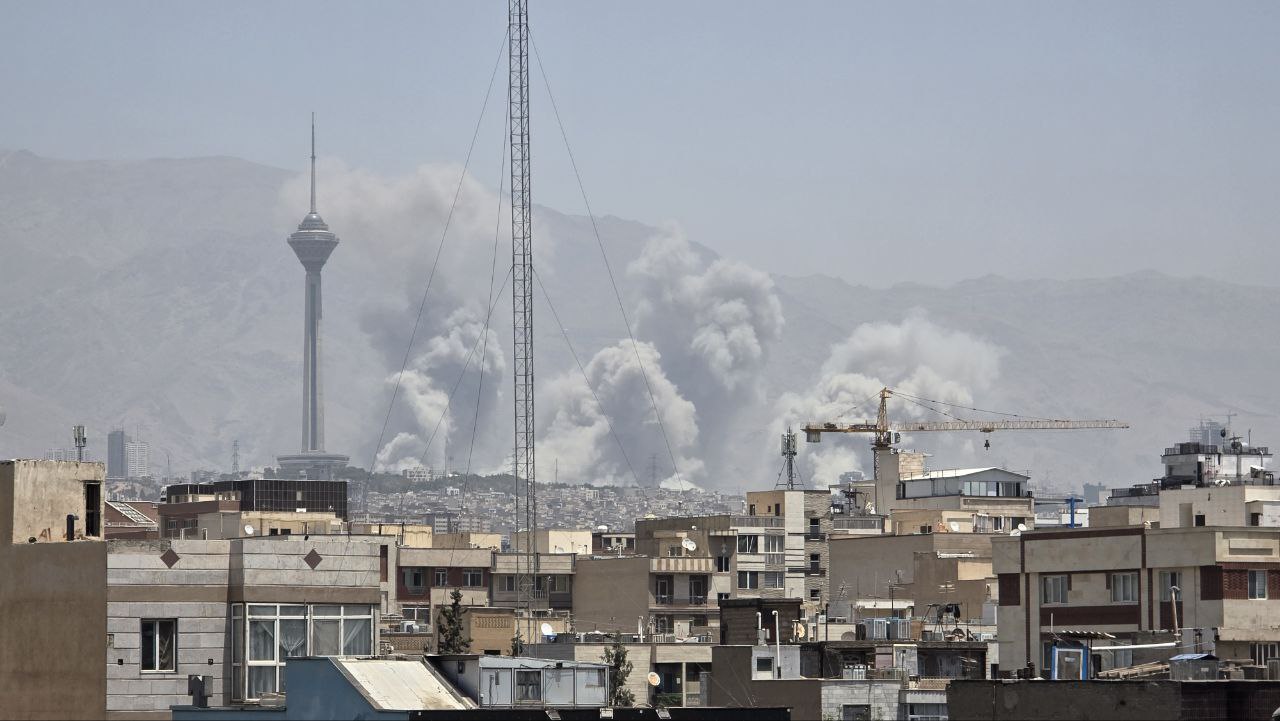
“What’s Happening in Iran?” A Question with No Easy Answer
•
One of my friends asked me, “What’s happening in Iran?” It was a simple question, but answering it has become not only difficult, but terrifying. In a country struck by both repression and missiles, it’s not just the roofs that collapse—language has collapsed too. People are trapped under rubble, but…
-
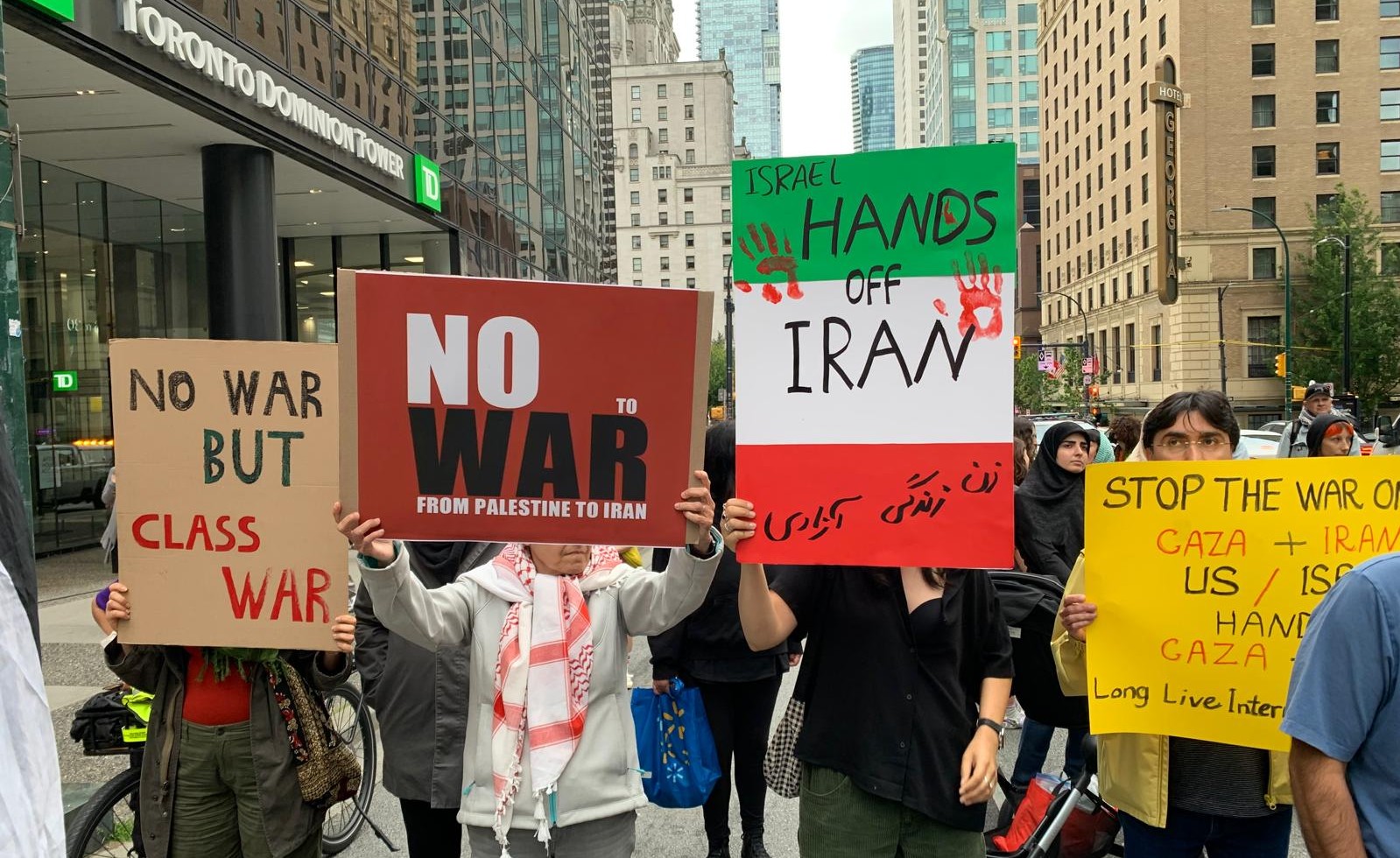
From Below: Iranian Civil Society Against War and Tyranny
•
In the shadow of sirens and smoke, where Tehran’s skyline is once again marked by fire and fear, a different kind of voice is emerging from within Iran—one that rejects both the bombs falling from foreign skies and the violence of the regime that claims to defend the homeland. While…
-
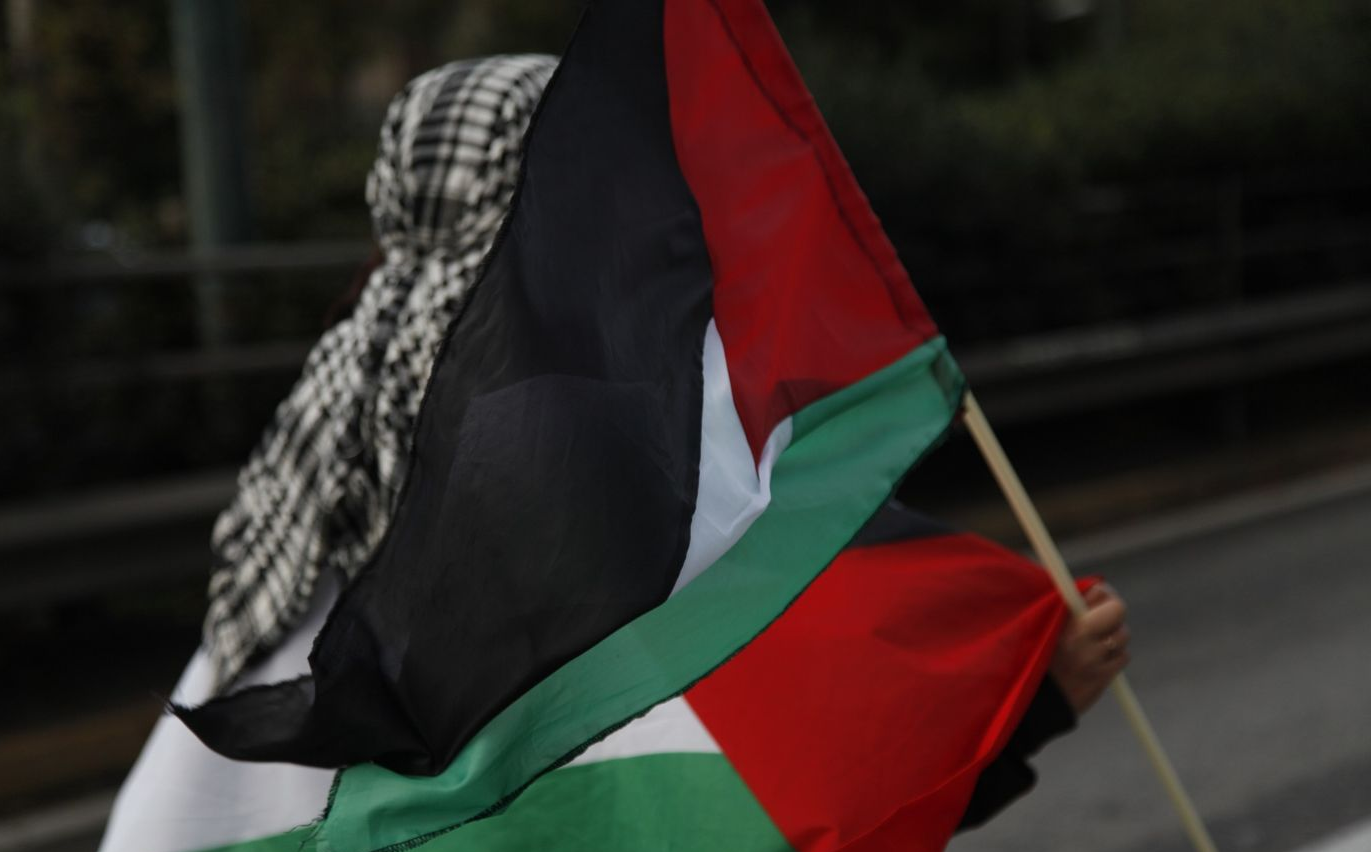
Palestine Between Propaganda and Betrayal
•
As expected, the IAEA has finally issued its resolution against Iran. Now, the case will likely be reviewed by the UN Security Council. In response, the Islamic regime quickly claimed it would build a new enrichment facility in a “more secure” location! But that means it would take at least…
-
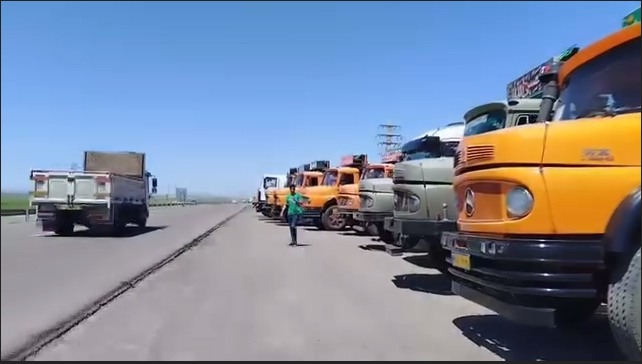
Iran’s Truck Drivers Strike Over Fuel, Pay, and Corruption
•
Since 18 May 2025, truck drivers across Iran have turned off their engines — not out of road fatigue, but out of deep frustration with broken promises, rising costs, and an economy shaped by corruption and neglect. What started in the southern port of Bandar Abbas quickly spread to more…
-
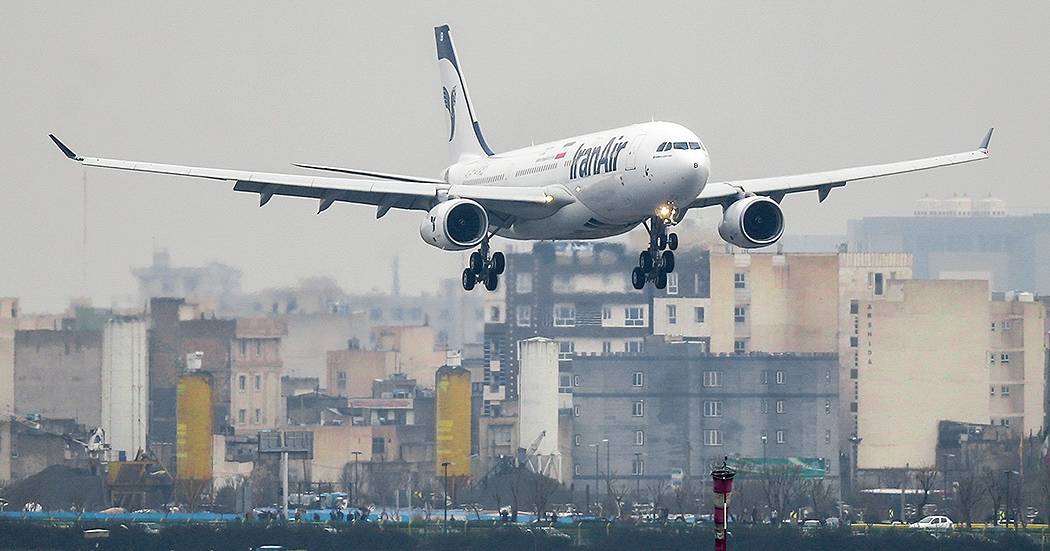
Two Planes, Two Billion Lies: Iran’s Surrender to Beijing
•
China frequently asserts its dedication to respecting national sovereignty and fostering equitable development. In official statements, Chinese leaders emphasize principles like mutual respect, non-interference, and peaceful coexistence. For instance, the Chinese government has declared: “China’s resolve to develop friendship and cooperation with all countries will not change. We will actively…
-
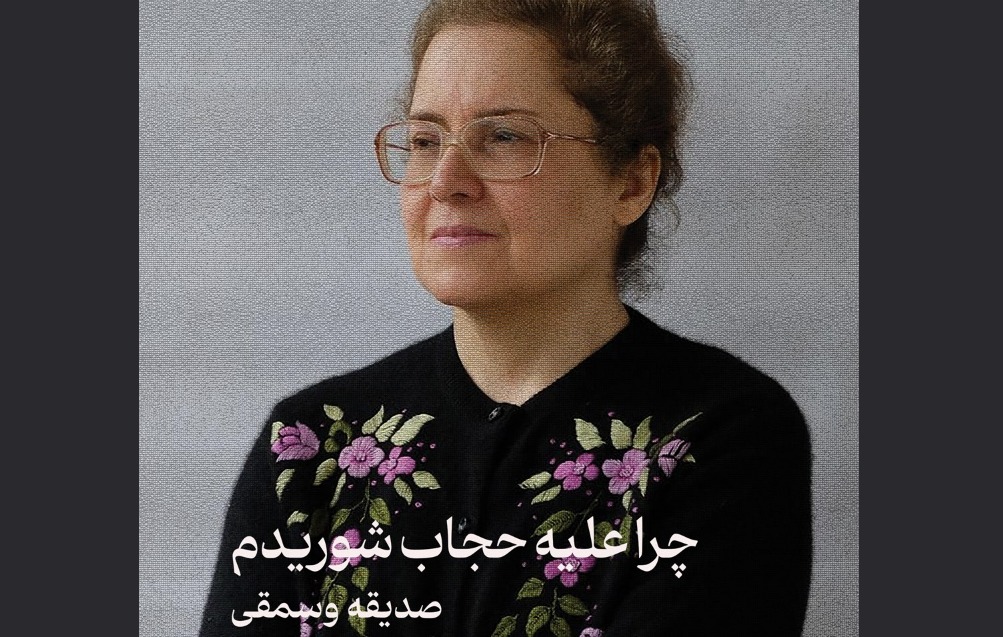
A Theology of Rebellion: A Muslim Woman’s Revolt from Within
•
What happens when a Muslim woman says no to the forced hijab? What if that woman is not a secular activist or a Western journalist, but a religious scholar, a poet, and a former member of the Iranian Islamic parliament? This article introduces a Persian-language book by Sedigheh Vasmaghi, a…
-
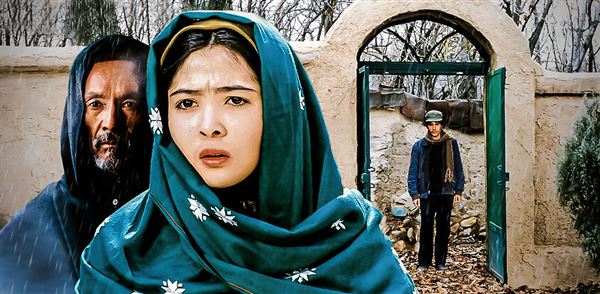
They Made Her a Metaphor, Then Made Her Illegal
•
I still remember the first time I watched Baran. It was 2001. That film did something rare—it showed us what we already knew but refused to admit: that Afghan migrants were building our cities, stone by stone, and sleeping in their shadows. In those years, I saw the world behind…
-
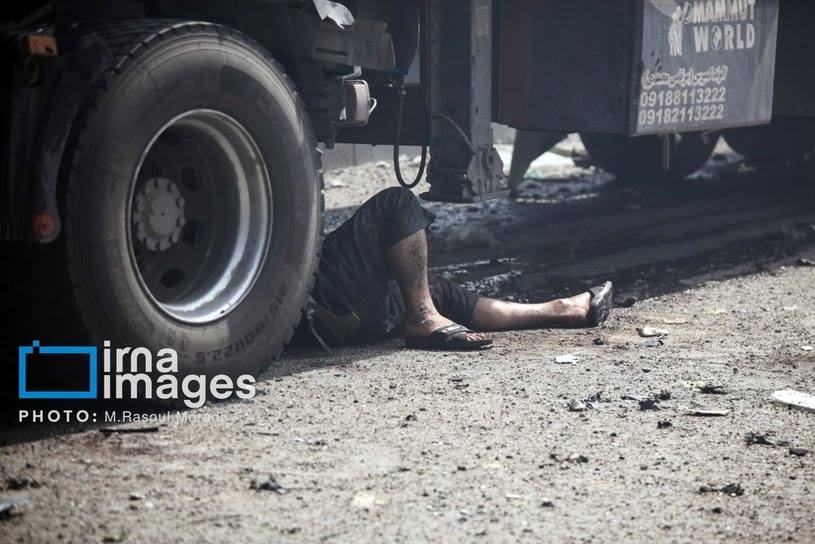
The Explosion in Iran: A Mirror of a Rotten System
•
According to the statics, following the explosion at Shahid Rajaei Port, 46 people have so far lost their lives, and according to the emergency services, 1,242 people have been injured. Of these, 240 have been hospitalized in Hormozgan Province hospitals, and 7 have been admitted to hospitals in Shiraz. Despite…
-
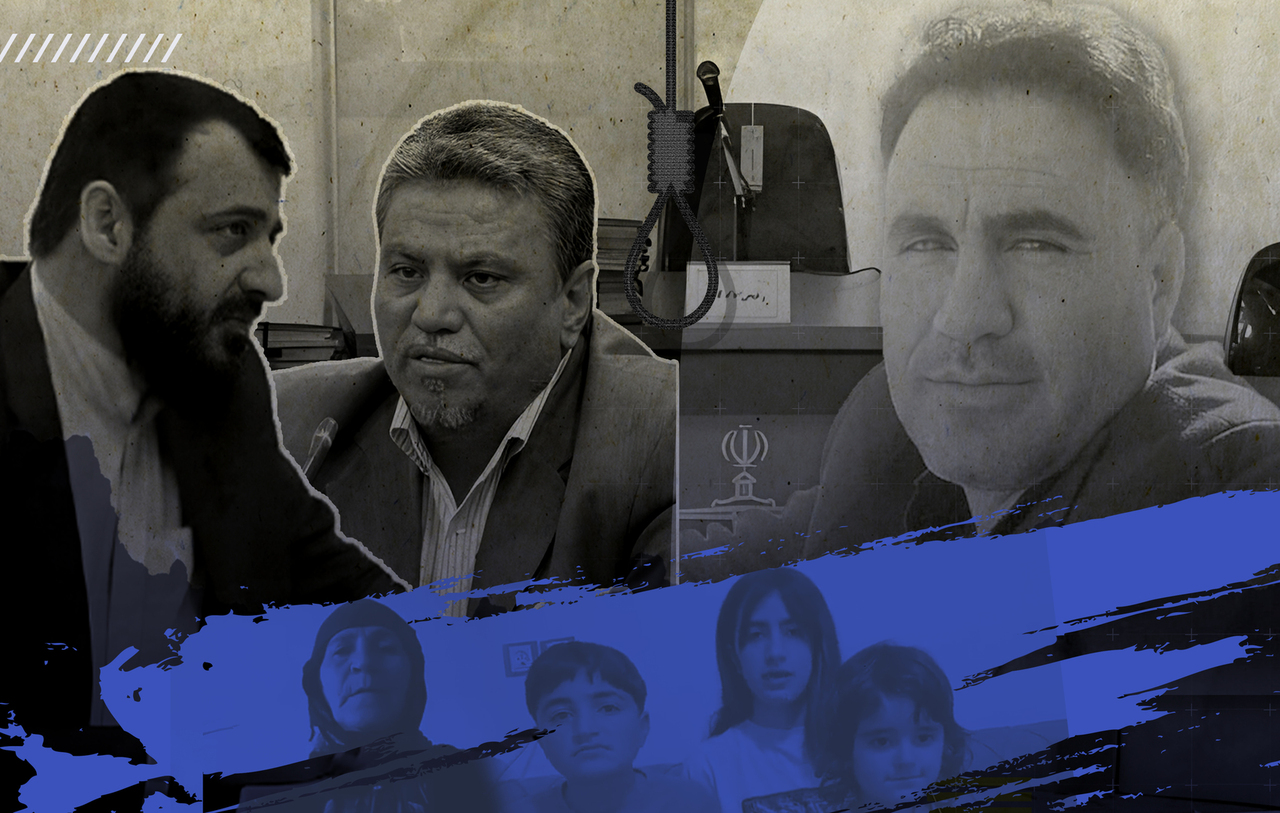
From Kolbar to ‘Terrorist’: How the Islamic Regime Manufactures Enemies
•
Hamid Hosseinnezhad Heydaranlou was a 39-year-old Kurdish man from a small village called Segrik, near Chaldoran in West Azerbaijan Province, Iran. He was a husband, a father of three children, and someone who worked hard just to survive. Like many other Kurdish men in his region, he was a kolbar…



